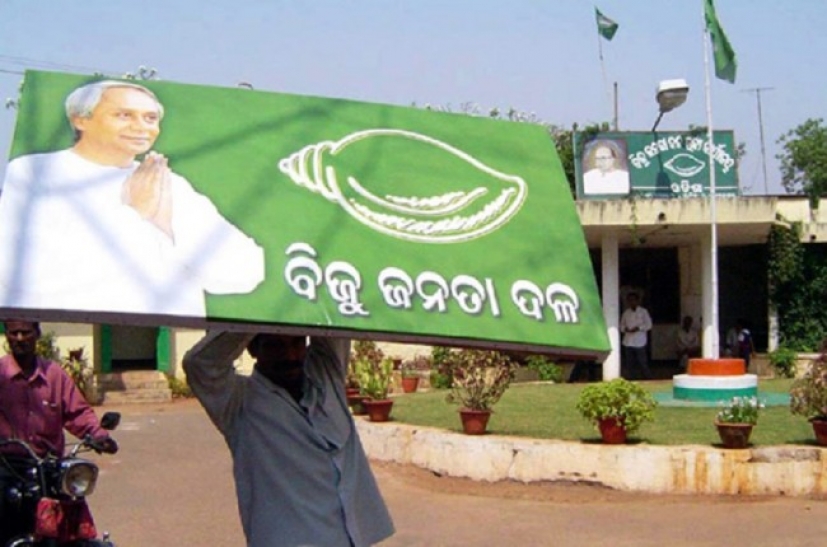New Delhi: A vital makeover has been witnessed in the Biju Janata Dal’s (BJD) stand of maintaining equidistance from both national parties— Bharatiya Janata Party (BJP) and Congress—during the recently concluded Parliament session as the regional party has supported the Union government in the passing of bills in both Houses.
In the first session of Parliament after 2019 general elections, Odisha’s ruling party appeared as a crucial ally of the saffron brigade. The BJD played a significant role in the passing of major bills in the Rajya Sabha. This session, the party took U-turns on many occasions and supported the BJP at the Centre.
The BJD has seven MPs in the Rajya Sabha and 12 in the Lok Sabha. It has always claimed maintaining equal distance from both national parties but the party supported 35 out of 36 bills passed in the Lok Sabha and 32 bills passed in the Rajya Sabha even after objections raised by many opposition parties on some of the bills.
The party has changed its stand on some of the major bills passed in both Houses. The BJD MPs opposed the Right to Information Amendment Bill 2019 in the Lok Sabha arguing that these amendments had diluted the basic architecture of the RTI Act. But, surprisingly, the BJD MPs in Rajya Sabha supported the bill and paved the way for its passing.
The BJD also changed its stand on Triple Talaq Bill. It had opposed the criminality clause in the bill during the 16th Lok Sabha but the party supported the bill in the first session of 17th Lok Sabha with same criminality clause.
In another instance, the party opposed the Inter-State River Water Disputes (Amendment) Bill, 2019 during its introduction in the Lok Sabha saying that water is a state subject and the Union government must consult the state governments before bringing such a bill. However, the party supported the passing of the bill in the House.
Earlier, the BJD gave a big shocker by supporting the BJP candidate Ashwini Vaishnav for Rajya Sabha despite having absolute number to send their candidate to the Upper House of Parliament. The BJP is a principal opposition party in the state.
The BJD’s soft stand towards BJP was also seen in the daily proceedings of the House. The party MPs did not take up the long-pending demands of state such as revision of coal royalty, special category status etc extensively; nor did the party MPs corner the Union government on these demands.
Ironically, the BJD’s soft stand did not yield any fruit for the people of the state. The Union government did not accept any major demand of the state.
Kuldeep Singh, OP

